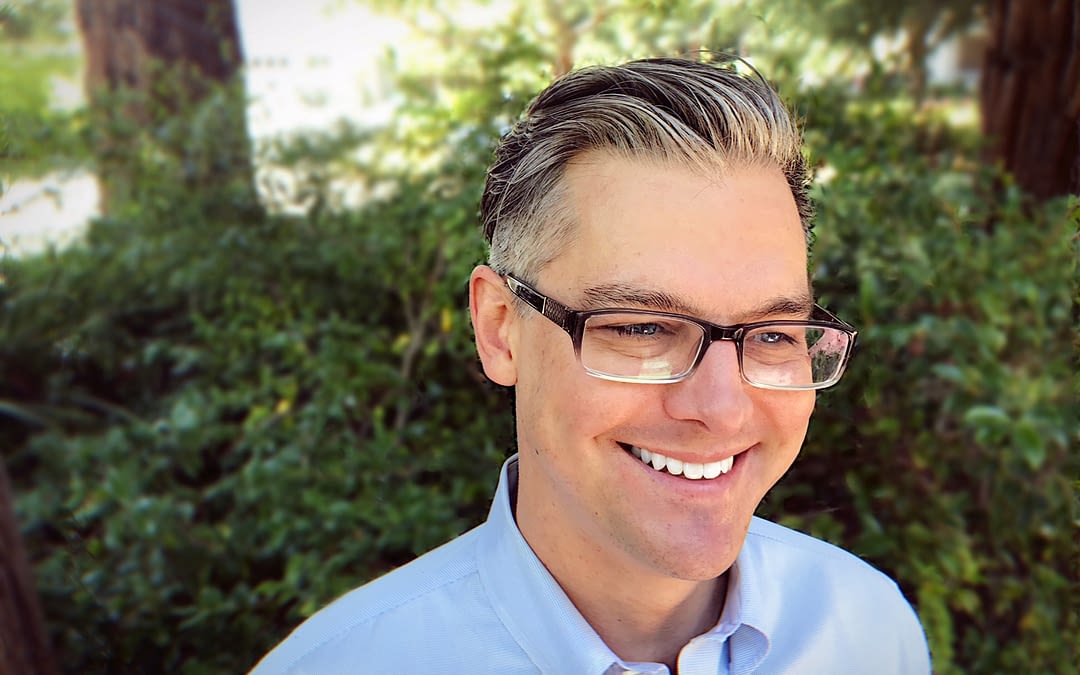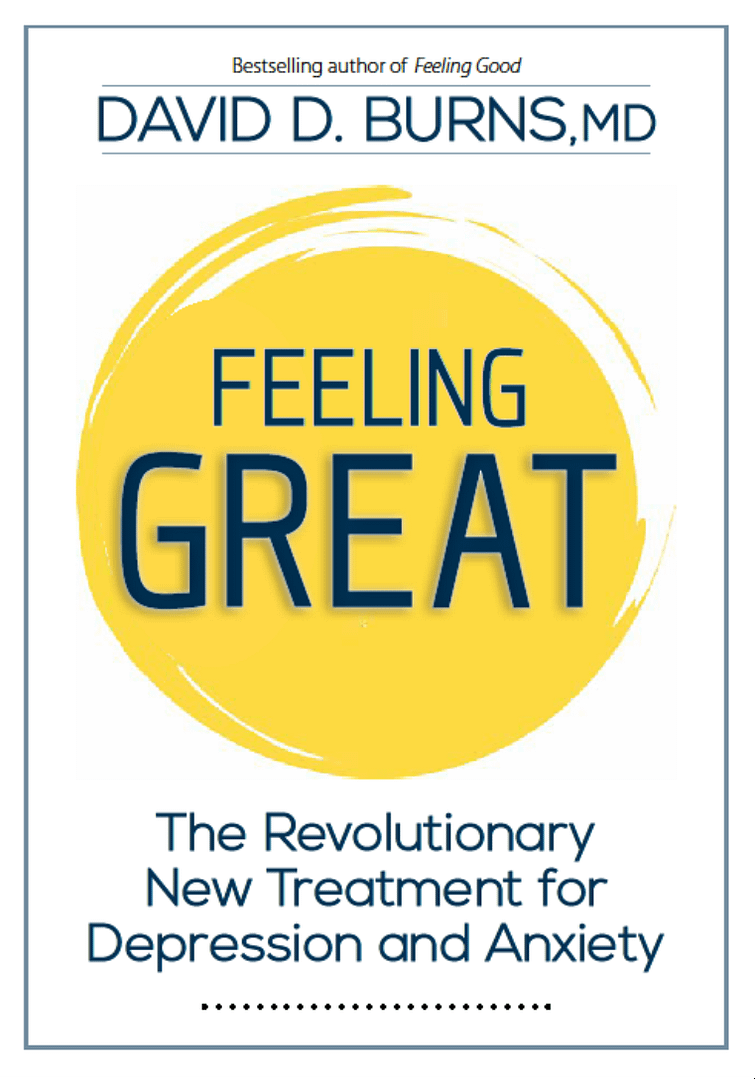Why Do We Resist Accepting Ourselves
Other People, and the World?
The Five Most Common Reasons!
Rhonda and David are joined in today’s podcast by Dr. Matt May to discuss the important scientific implications of Davids recent survey on multiple aspects of acceptance and resistance. This may be the first scientific measure of its kind, analyzing the relationship between self-acceptance, resistance to self-acceptance and depressive symptoms.
The survey included new and extremely sensitive scales for assessing 7 negative feelings and 7 positive feelings in the here and now. This allowed for the development of statistical models to assess the precise magnitude of the impact, if any, of acceptance and resistance on how we feel.
The podcast highlights some of the surprising findings from the survey, as we try to make sense of the responses of the people (roughly a thousand) who participated in the study. Last week we talked about the 17 things people wouldn’t, or couldn’t, accept about themselves. Today we will look at the reasons WHY people resist accepting themselves.
Huge Thanks to those who participated!
Before presenting the results of the study, Matt wanted to define and contrast the concepts of self-rejection, healthy acceptance and two forms of unhealthy acceptance
Self-Rejection. Most people who struggle with feelings of depression, inadequacy, shame and guilt suffer because they do not accept themselves. It is like having an internal critic following you around, and constantly giving you negative, critical messages containing the ten familiar cognitive distortions, including
- All-or-Nothing Thinking: I can’t do anything right!
- Should Statements: I shouldn’t have screwed up, or I shouldn’t have to struggle with so many negative feelings.
- Labeling: I’m defective, or I’m a loser.
- And many more!
There are two forms of Unhealthy Acceptance. Narcissism is one obvious type. Narcissistic individuals believe that they are superior to other people and see others as objects to be manipulated, and not as equals deserving loving and respect. They appear to have incredibly huge but fragile egos, and they lash out to protect themselves from criticism or disapproval. They feel entitled to adulation and believe they are special and deserve more than others.
Narcissism often goes hand in hand-with-mania or hypomania. The cognitive distortions in Narcissism and Mania are all positive and are mirror images of the ten negative distortions. For example, depressed individuals typically see themselves at the 0 end of the All-or-Nothing spectrum, but the narcissistic or manic individuals are convinced they are at the 100 end of the spectrum. And while depressed individuals engage in Self-Blame, thinking everything is their fault, narcissists and manic individuals engage in Other-Blame, thinking that problems and failures are always someone else’s fault.
The other form of Unhealthy Acceptance results from the belief that your failures and shortcomings make you an inferior or worthless human being. This belief triggers feelings of depression, shame, despair, and hopelessness. Like narcissism, it is also based on the belief that human worthwhileness can be measured in some way. Some people base their feelings of worthwhileness on love, success, or status in society, for example, thinking they “need” these things to feel happy and worthwhile.
Healthy acceptance of your flaws and shortcomings, in contrast, is accompanied by feelings of joy, lightness, and liberation, and a realistic appraisal of your strengths and weaknesses.
It is also based on feelings of self-love that are not contingent on being special, or better, or accomplished, or wealthy, or popular, or beautiful. Self-Love is simply granted, without question, and relief is the ultimate antidote to feelings of shame, guilt and worthlessness.
The statistical models created by David indicated that self-rejection can trigger large increases in negative feelings and a substantial reduction in positive feelings.
By definition, self-acceptance doesn’t require effort, just a willingness to love ourselves as-is, and this is, by-far, the fastest and cheapest way to change the way you think and feel. But as you’re about to see, the people in the survey had multiple reasons why they would NOT want to accept themselves!
Quick Bottom Line
The typical survey respondent endorsed 1/3 of the 12 Resistance Scale items that are listed below. They seemed to believe that Acceptance would be foolish and lead to a life of misery and mediocrity. The actual impact of the Non-Acceptance and Resistance scales on positive and negative feelings was massive and appeared to be in the exact opposite direction.
Specific Findings
The respondents in the Resistance survey endorsed an average of 33.8%. (+/- 0.1%) of the items, ranging from 0 to all 12. The most commonly endorsed was, “Acceptance is easy for rich and famous, but hard if you’re struggling just to pay the bills.” 47% (+/- 2%) endorsed this item.
The least endorsed was, “If I beat up on myself, people will love me more,” although 25% (+/- 1%) of the people endorsed this item, so it was fairly popular. The high scores on the resistance scale items is also pretty consistent with my (David’s) experiences over the years—the people in the study, and the people I’ve worked with, have expressed MANY reasons to beat up on themselves.
You can see the list of the 12 Resistance Scale items below. I have bolded the five most often endorsed. As you can see, many people surveyed believed that acceptance is fine for people who are rich and famous, but terribly painful and foolish for people who struggle with real problems. Many respondents were convinced that acceptance leads to pain, robs you of motivation and does not make sense in a world that’s falling apart.
- If I accept my flaws and shortcomings, Ill end up with a second-rate life.
- If I accept my flaws and shortcomings, I’ll lose all my motivation to learn
- If I beat up on myself and work my ass off, people will love and admire me.
- It would be tremendously painful to accept my flaws and shortcomings. That would be like giving up and having to live with a heavy load of inadequacies.
- Life has many real disappointments and losses. I don’t want to feel happy and chipper by “accepting” all those negatives when the world is falling apart all around me. That just doesn’t make sense!
- I haven’t achieved many of my goals in life. I think it would be kind of pathetic to suddenly accept myself and feel enormous joy that I haven’t really earned or deserved.
- I’ve often fallen short, and I’ve made a lot of mistakes in my life. Are you saying that I should be happy about that? Hell NO!
- I am never going to accept myself as just another average or below-average person. That would be awful!
- If I accept my flaws, failures, and shortcomings, I’ll just be like everyone else. I won’t be special, and I won’t have the chance to become special.
- If I admit that I often fail and screw up, people will think less of me.
- If I’ve done things that have hurt others or if I’ve violated my moral values, then I deserve to suffer.
- Acceptance is fine and easy for people who’ve enjoyed tremendous success, but its really hard if you’re struggling to pay the bills, or if you feel like you haven’t succeeded at much.
What did the analyses show about the impact of resistance and non-acceptance on how we feel?
- The Resistance scale had powerful direct causal effects on the Non-Acceptance scale and accounted for a whopping 46% of the variance in the Non-Acceptance scale. In other words, the more intense your resistance, the more you will fight against accepting your flaws.
- The causal effects of the Acceptance and Resistance scales on negative and positive feelings were massive. They can reduce positive feelings by as much as -48% and increase negative feelings by as much as +47%. Or, to put it differently, the statistical models predict that healthy self-acceptance will not lead to misery and isolation, but can dramatically reduce unhappiness and boost feelings of joy and self-esteem.
- The total effects of Singleness and Income on positive and negative feelings were relatively small, by comparison. In addition, about half of the causal effects of Singleness and Income are indirect and mediated by their causal effects on the Resistance and Non-Acceptance scales.
- The direct effects of Singleness on the positive and negative feelings scales were -4% (positive feelings) and +6% (negative feelings).
- The maximum direct effects of income on negative feelings were +4% (positive feelings) and -9% on negative feelings). To experience this boost if you’re in the lowest income bracket (<$25,000), you’d need a massive increase in income (>$200,,000.)
- Almost all of the 12 items were more strongly endorsed by younger individuals. Three items—Ri, R8 and R9—were more strongly endorsed by men at the p <.001 level or better. All three items had to do with the fear of not being “special” and ending up with a second-rate life if you accept yourself.
- White and Heterosexual were not associated with any Resistance items. However, individuals with more income and education were less likely to endorse many of the items.
- Higher educated respondents were less likely to endorse R1, 2, 4, 6, 7 and 12, and those with greater incomes were less likely to endorse R12. These were large effects.
As you can see, the first powerful reason why people would not want to feel better, but would rather continue to criticize themselves, is a belief that this will lead to greater levels of motivation and greater success. However, Behavioral Research has consistently shown that positive reinforcement is far more powerful at shaping behavior than punishment.
Matt told an inspiring story about two strategies for training the dolphins at SeaWorld. One strategy involved trying to shape the behavior of the dolphins with little shocks, in much the same way that some people train horses. Sadly, the dolphins went to the bottom of the pool and appeared depressed, not moving much. It was a complete failure.
Then they tried a radically different strategy on a new group of dolphins. Instead of shocking them, they gave them fish to reward them for doing the things the trainers wanted them to do. This strategy was tremendously successful.
So, the question is whether you want to shape your own life with frequent shoulds and self-criticisms, which can have the effect of electric shocks every time you fail or screw up or fall short of your goals, or whether you want to shape your life with love, joy and rewards. Some of us have discovered that acceptance is way more fun and vastly more effective!
Reference: https://en.wikipedia.org/wiki/Marine_mammal_training
Thanks for listening today!
Rhonda, Matt, and David
Thanks for listening today1
Rhonda, Matt, and David
Contact Information
To learn more about the soon-to-be released Feeling Great App, please sign up at www. FeelingGood.com/app
Dr. Matthew May practices in Menlo Park, California. You can visit his website at https://www.matthewmaymd.com. David and Rhonda describe him as a “world-class therapist. . . the best of the best!”
Dr. Rhonda Barovsky is a Level 5 Certified TEAM-CBT therapist and trainer and specializes in the treatment of trauma, anxiety, depression, and relationship problems. You can reach her at: rhonda@feelinggreattherapycenter.com.
You can reach Dr. Burns at david@feelinggood.com.



